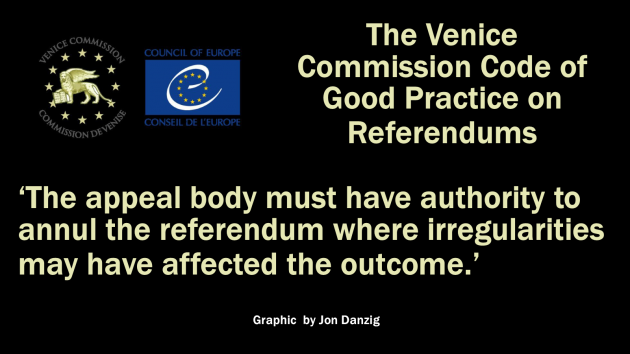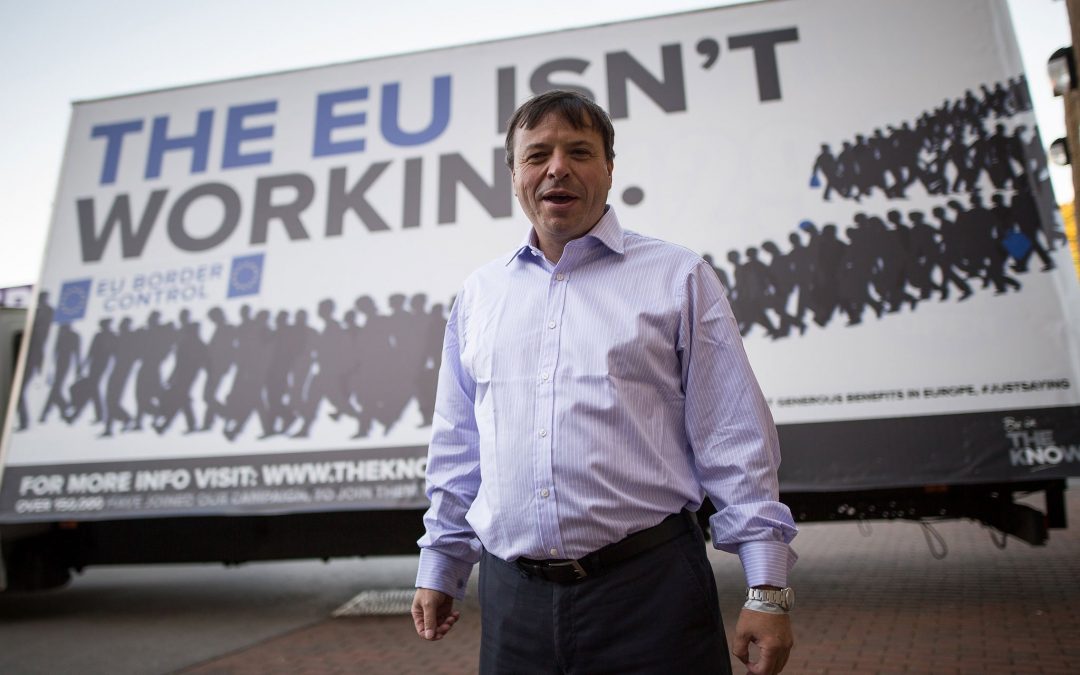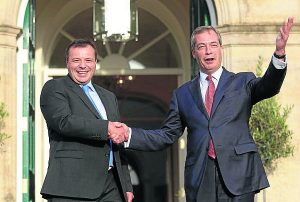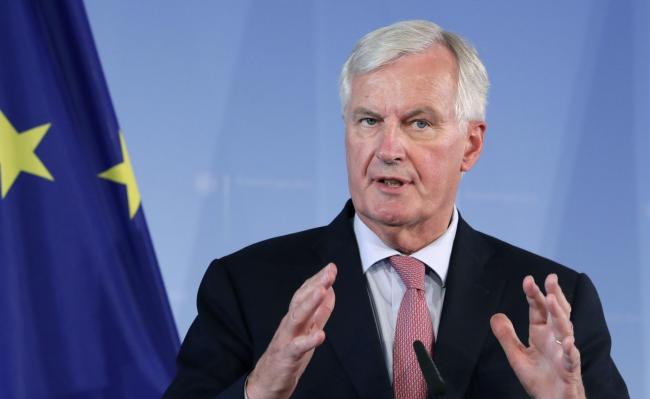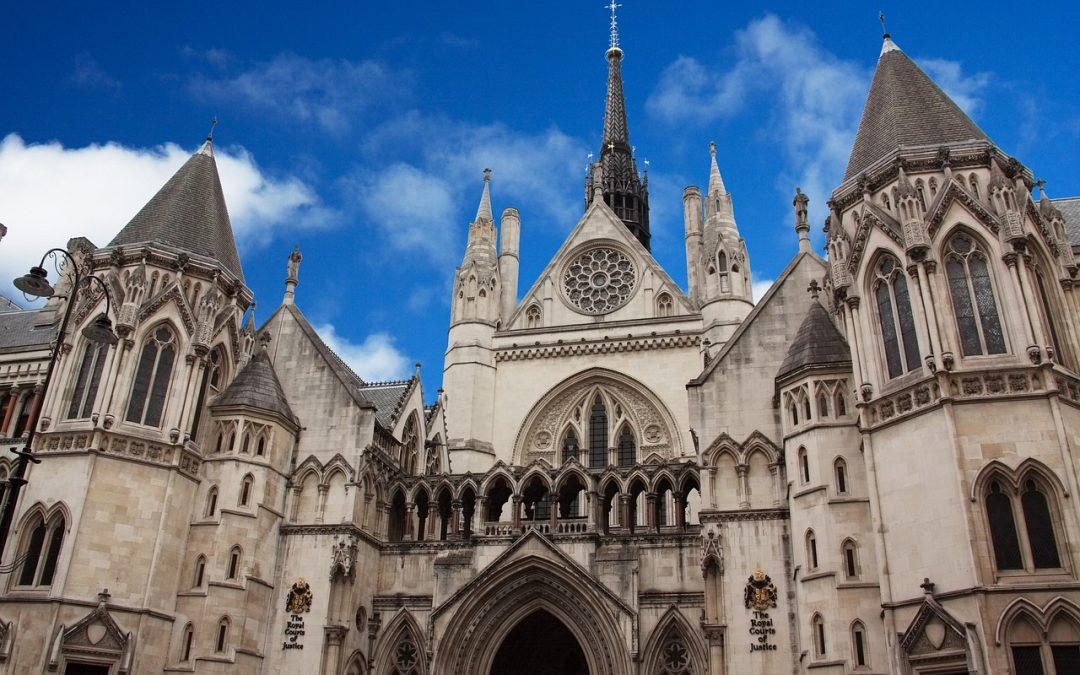
Brexit: Campaigners seek judicial review of 2016 vote
The UK in EU Challenge group says the result should be quashed because of “misconduct” by pro-Leave campaigners.
Mr Justice Ouseley’s decision is expected on either Monday or Tuesday.
An earlier attempt to challenge the result was rejected on the grounds that it had not been proven that any wrongdoing affected the vote’s outcome.
The case is being brought against the government by four British citizens living on the European continent, Susan Wilson, Elinore Gayson, Carole-Anne Richards and John Shaw.
They say the Article 50 process, by which the UK is leaving the EU, should be halted due to breaches of spending limits and other irregularities by leave-supporting groups during the referendum.
Lawyers for the group say the infractions, which resulted in Vote Leave and Leave.EU being fined £61,000 and £70,000 respectively by the Electoral Commission earlier this year, cast doubt on the legitimacy of the result under the terms of the 1983 Representation of The People Act.
‘Proven illegalities’
Speaking after the hearing, Susan Wilson said she was hopeful of success.
“We also maintain our firm belief that the referendum result cannot be considered the ‘will of the people’,” she said.
“The Leave campaign’s fraudulent behaviour has been proven by the Electoral Commission and we are continually frustrated that the government fails to acknowledge the impact of this illegality and continues to defend its position.”
Read full story on the BBC website

